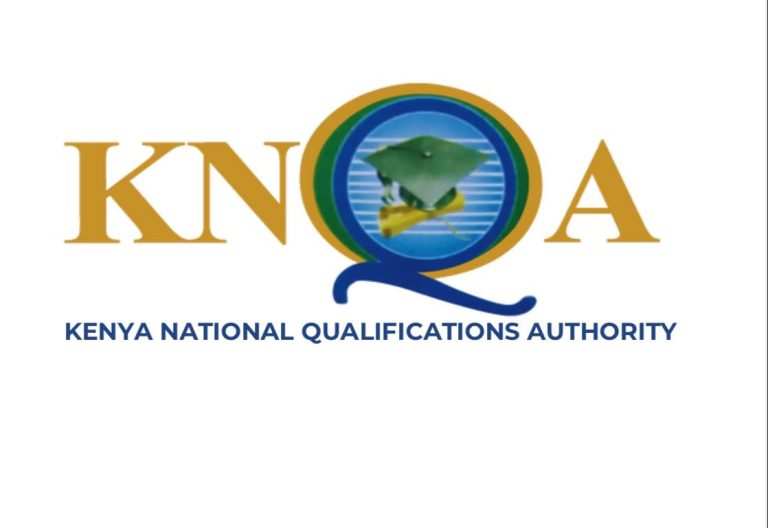Qualifications rules adoption a major step

Kenya has taken a bold leap forward in education and skills development with the gazetting of the Kenya National Qualifications Framework (KNQF) Regulations 2025.
This transformative policy seeks to unify and standardise all qualifications – academic, technical, and professional – across the country’s education and training landscape.
Rooted in the Vision 2030 development blueprint, the KNQF aims to support a globally competitive and adaptive workforce.
Central to this goal is the reform of the Technical and Vocational Education and Training (TVET) system and the full embrace of Competency-Based Education and Training (CBET).
The Kenya National Qualifications Authority (KNQA), established in 2014, has spearheaded the development of the KNQF in response to longstanding challenges in recognising informal and non-formal learning.
Before this framework, many skilled Kenyans – particularly artisans and technical workers – lacked recognised credentials, locking them out of further education or formal employment opportunities.
Without a national system to validate and compare qualifications, Kenya faced obstacles in student mobility, credit transfers, and employer trust in academic credentials.
The KNQF directly addresses these concerns by introducing a 10-level structure, from basic education through to doctoral qualifications.
Each level comes with clearly defined learning outcomes, making educational progression and career planning far more transparent and attainable.
A game-changing feature of the KNQF is the Recognition of Prior Learning (RPL).
This provision allows individuals to obtain formal qualifications for knowledge and skills acquired outside traditional classrooms – through work, volunteerism, apprenticeships, or informal training.
RPL will open doors for thousands of Kenyans, especially in the informal sector, to gain certification and boost their employability.
Quality assurance is another pillar of the new regulations.
Institutions and awarding bodies will now be subject to mandatory registration and accreditation under the oversight of KNQA.
The regulations provide standard guidelines for assessment, moderation, and validation of learning outcomes – raising the bar for both public and private training providers.
Importantly, the KNQF enhances qualification comparability, portability, and articulation, making it easier for learners to transition between institutions and sectors.
It also supports recognition of Kenyan qualifications in regional and international contexts.
Employers and human resource professionals will benefit from a clearer understanding of what each qualification represents in terms of skills and competencies.
Still, the journey ahead is not without hurdles.
Implementing the KNQF will require substantial funding, stakeholder awareness, capacity building, and inter-ministerial cooperation, particularly among the ministries of Education, Labour, and Youth Affairs.
A strong monitoring and evaluation system is critical to track progress and ensure that the framework meets its ambitious goals.
The writer is a Professor of Chemistry at the University of Eldoret, a higher education expert, and a quality assurance Consultant















